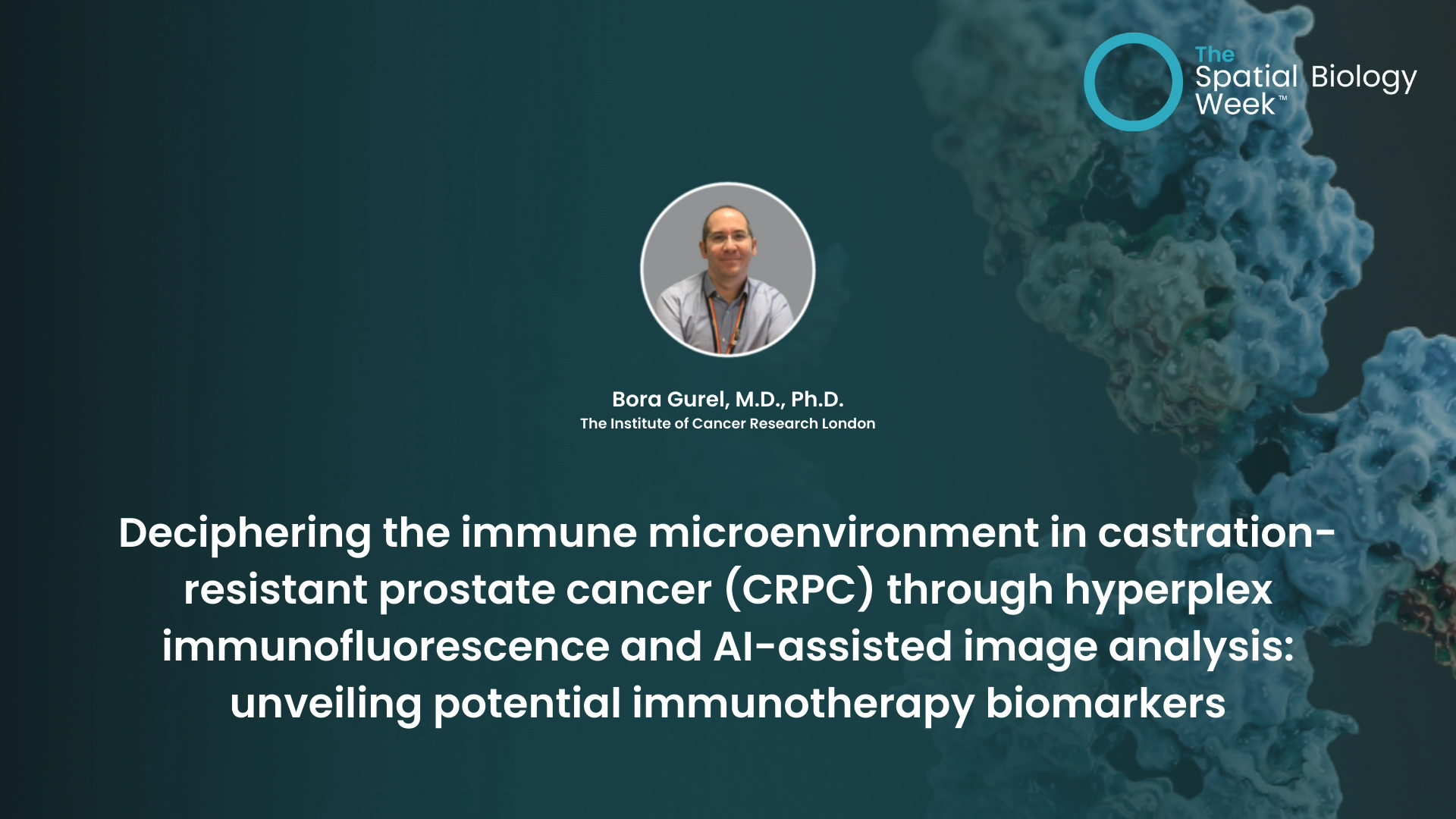Prostate Cancer (PCa) is a predominant male cancer, with rising incidence and progression rates emphasizing the need for effective treatments. Chronic inflammation plays a pivotal role in PCa progression, influencing genetic changes and the tumor environment. This is exacerbated by reactive oxygen species leading to DNA damage, increasing mutation risks, and altering the tumor environment to support growth. Contrary to traditional beliefs, our study of 825 samples revealed significant inflammation in prostate cancer. Using Hyperplex IF techniques, we discerned distinct CD3+ cell patterns in castration-resistant prostate cancer (CRPC), correlating with patient survival. Notably, nodular inflammation patterns hinted at tertiary lymphoid structures (TLSs) fostering immunosuppression. Further analyses differentiated between “hot” and “cold” tumors, and highlighted associations with mature and immature TLSs, potentially indicative of different immune responses. Our findings provide a nuanced understanding of the CRPC immune context, presenting avenues for enhanced immunotherapy and improved patient prognosis in prostate cancer treatment.
